| I’ve read a lot of books this year. Sure, right, tell us something new! I surpassed my Goodreads target. Don’t you always? Isn’t it because you set the barrier so low? Yet but I beat it by almost 50%. Surely it’s about quality, not quantity? Indeed, that’s why earlier this month I shared my 13 favourite reads of 2019. Thirteen? Not ten or a dozen? You like numbers? Come on, let me show you some! I’ve got some pretty graphs too. |
Welcome
I started this blog in 2013 to share my reflections on reading, writing and psychology, along with my journey to become a published novelist. I soon graduated to about twenty book reviews a month and a weekly 99-word story. Ten years later, I've transferred my writing / publication updates to my new website but will continue here with occasional reviews and flash fiction pieces, and maybe the odd personal post.
|
8 Comments
Both these novels feature characters who are challenged and/or challenge others with their different-from-average minds. In the first, it’s a young man with Down’s syndrome, viewed from the perspective of his loving father. In the second, it’s a young woman, latterly diagnosed with schizophrenia, who inadvertently time travels to Elizabethan England. If that doesn’t sound like your kind of book, do give me the chance to persuade you otherwise!
In these two novels, a teenage girl needs a safe place to retreat from the world, but the sanctuary she’s chosen won’t easily let her go. In the first, a convent provides shelter to a girl fearful of the consequences of an unplanned pregnancy; in the second, a psychiatric hospital offers a welcome respite from the strain of appearing sane. It’s pure coincidence that the main characters’ names – Dolores and Deborah – begin with the same letter and that both remind me of my forthcoming novel, Matilda Windsor Is Coming Home.
Amid the painful aftermath of the UK ‘people’ voting in our pig in a poke, I had reason to remind myself of the literature on the cognitive advantages biculturalism. While I doubt our new PM possesses the skills or intellect to unite an increasingly polarised country – or even the desire, whatever might spout from his mouth – it’s essential if we’re to avoid civil war as we helter-skelter into economic and climactic ruin. So, although neither of these very disparate novels is primarily about straddling two cultures, I make no apologies for linking them via this theme.
What happens when childlessness develops from being a personal matter to a problem for society as a whole? In Margaret Atwood’s imagined Gilead an alarming drop in the live birth rate calls for Draconian measures, building a society where a woman’s mind and body are subservient to her reproductive potential. In Perumal Murugan’s rural South India, childlessness is a threat to the established order, with friends and neighbours pitching in with advice and criticism, indifferent to the infertile couple’s private grief.
In both these novels, the first set in contemporary New York and Nice and the second in a hypothetical future Tokyo, an older man is looking after a young relative in less than ideal circumstances. In different ways, they illustrate generational interdependence and how the past actions, or inactions, of the older generation have brought about some of the difficulties experienced by the young.
Here are two novels inspired by classic tales: the first, a feminist retelling of Beowulf; the second, a homage to Ulysses and James Joyce. No need to have read the source material to appreciate them – I haven’t – although the first probably works better as a stand-alone than the second.
How far should we go to maintain order? Are the winners responsible for the wellbeing of those who’ve drawn the short straw? I’ve recently read two quirky novels in which character is secondary to situation, exploring dystopian societies with elements uncomfortably mirroring our own. The first focuses on tech infiltration of the political and personal; the second on the violence inherent in safeguarding resources for ourselves.
|
entertaining fiction about identity, mental health and social justice
Annecdotal is where real life brushes up against the fictional.
Annecdotist is the blogging persona of Anne Goodwin:
reader, writer, slug-slayer, tramper of moors, recovering psychologist, struggling soprano, author of three fiction books. LATEST POSTS HERE
I don't post to a schedule, but average around ten reviews a month (see here for an alphabetical list), some linked to a weekly flash fiction, plus posts on my WIPs and published books. Your comments are welcome any time any where. Get new posts direct to your inbox ...
or click here …
Popular posts
Categories/Tags
All
Archives
March 2024
BLOGGING COMMUNITIES
|
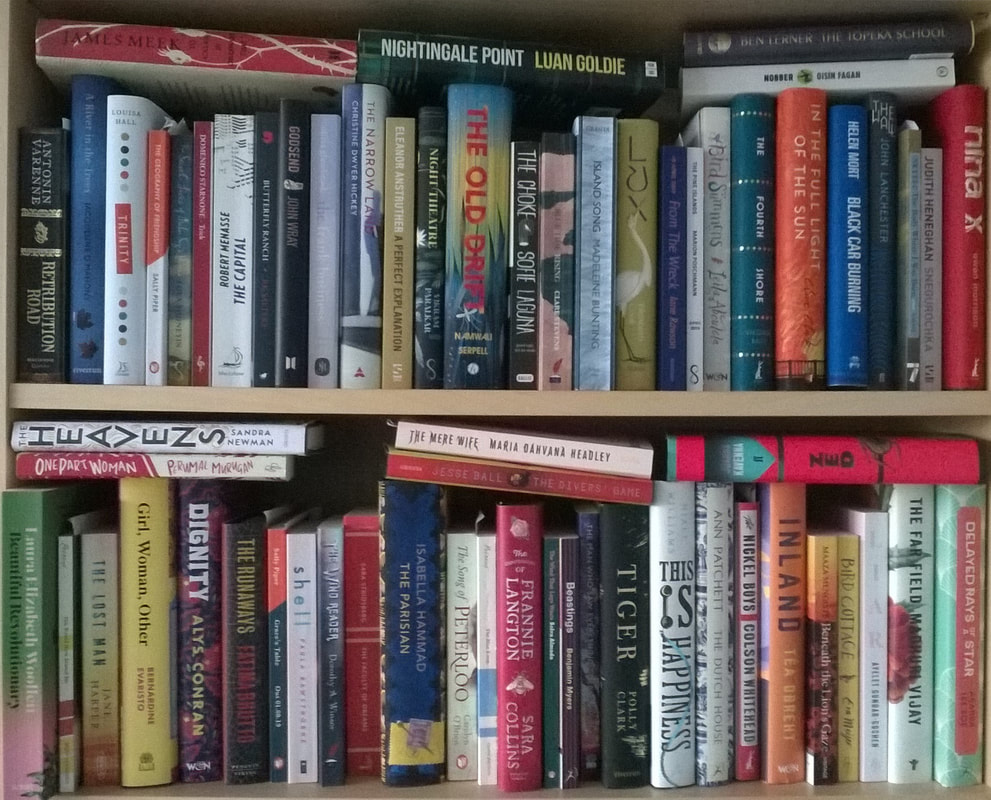
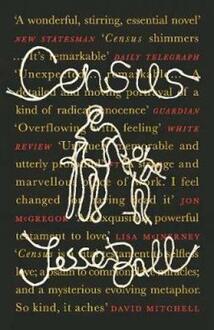
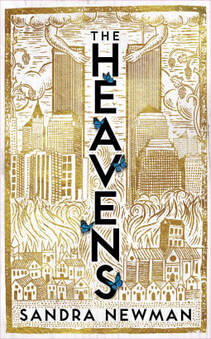

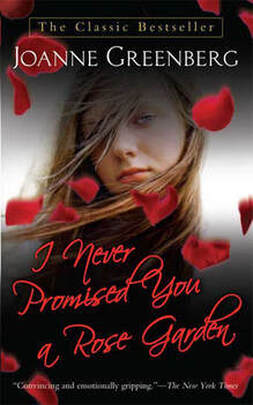

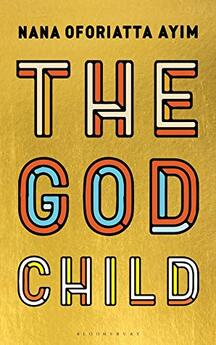
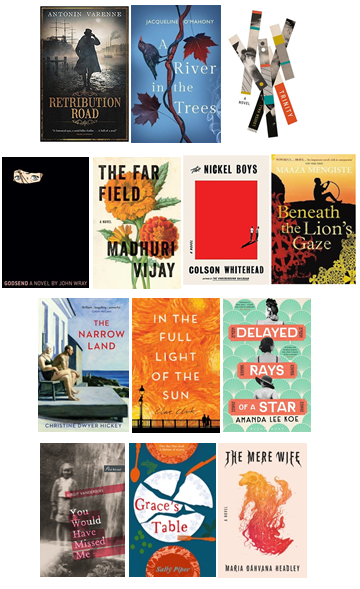
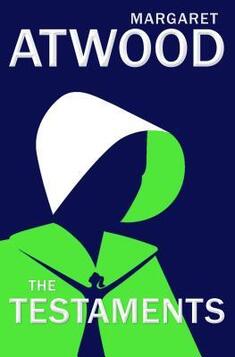
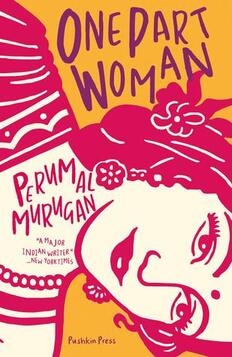
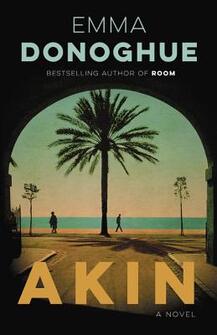
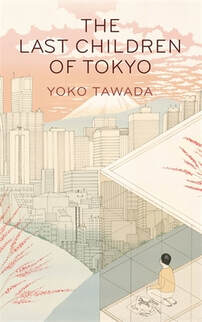

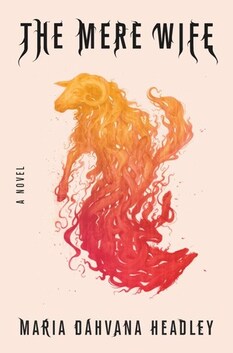
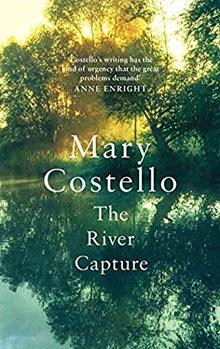
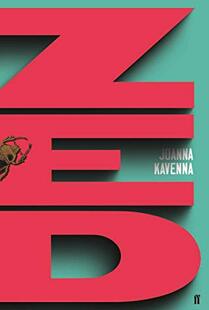
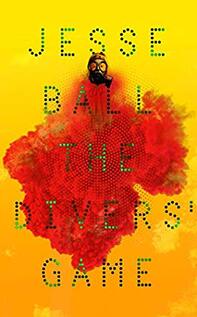





















 RSS Feed
RSS Feed





















